It’s essential to have the correct RH technique in order to improve in your playing. First we must focus on the right hand and the proper technique associated with it.
Having proper technique will make playing much easier and allow you to play more challenging repertoire and exercises.
Fingers and Strings
Thumb should be on the sixth, fifth, and fourth strings while the index middle ring will be on the third, second and first strings.
P = 6, 5, 4
I = 3
M = 2
A = 1
Right hand positioning
The right hand should be hovering over the sound hole in the middle. You can also place it back slightly as well for a different timbre. Make sure the right hand is relaxed while hanging over the strings.
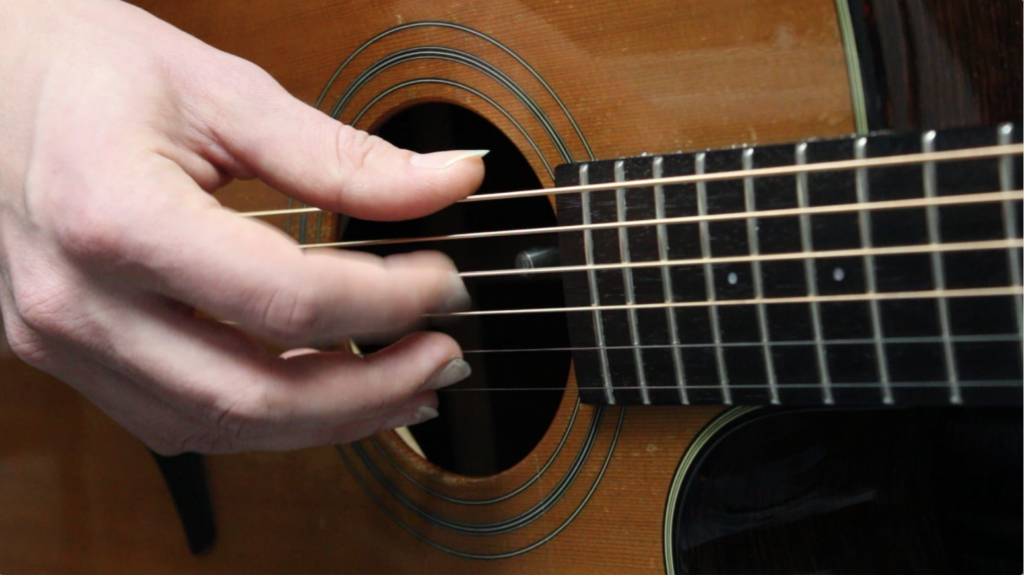
Attack motion
The attack should be a motion of the fingers coming in towards the palm. Prevent yourself from plucking up, or a clawing attack, which will cause the strings to be bright and thin.
Here is a video on beginner finger picking patterns I recommend:
Practice this with your own songs, or solely to work on your technique in order to improve your playing.
Learn more about technique through our FREE Fingerstyle Workbook!
FOLLOW US ON
Get our FREE Fingerstyle Workbook!
RELATED BLOG POSTS
5 Beautiful Fingerstyle Arrangements for Classic Rock Songs
Classic rock songs have timeless melodies that sound incredible when arranged for fingerstyle guitar. Here are five beautiful arrangements you can try, complete with tabs or video tutorials.
1. “Blackbird” by The Beatles
This song features a simple yet captivating fingerpicking pattern.
Tabs: [Link to tabs]
Video Tutorial: [Link to video]
2. “Stairway to Heaven” by Led Zeppelin
A classic that allows for intricate fingerstyle playing.
Tabs: [Link to tabs]
Video Tutorial: [Link to video]
3. “Dust in the Wind” by Kansas
This song is perfect for practicing arpeggiated patterns.
Tabs: [Link to tabs]
Video Tutorial: [Link to video]
4. “Tears in Heaven” by Eric Clapton
A beautiful ballad that translates well to fingerstyle.
Tabs: [Link to tabs]
Video Tutorial: [Link to video]
5. “Wish You Were Here” by Pink Floyd
This song can be played with simple fingerpicking patterns.
Tabs: [Link to tabs]
Video Tutorial: [Link to video]
Conclusion
These classic rock songs are not only enjoyable to play but also help develop your fingerstyle skills. Explore these arrangements, and you’ll find yourself improving with every strum.
Fingerstyle Guitar for Beginners: 5 Essential Chords and How to Use Them
Fingerstyle guitar can seem daunting at first, but mastering a few essential chords will set you on the right path. Here are five essential chords every beginner should know, along with simple songs to practice fingerpicking patterns.
1. C Major
The C major chord is a staple in many songs.
Fingerpicking Pattern:
P (thumb) on the A string
I on the D string
M on the G string
A on the B string
M on the high E string
Song Example: “You Are My Sunshine” can be played using this chord and pattern.
2. G Major
The G major chord provides a full sound and is widely used.
Fingerpicking Pattern:
P on the low E string
I on the A string
M on the D string
A on the G string
M on the B string
Song Example: “Knockin’ on Heaven’s Door” uses this chord effectively.
3. D Major
D major is essential for many folk and pop songs.
Fingerpicking Pattern:
P on the D string
I on the G string
M on the B string
A on the high E string
Song Example: “Leaving on a Jet Plane” can be played with this chord.
4. E Minor
E minor adds a different flavor to your playing.
Fingerpicking Pattern:
P on the low E string
I on the A string
M on the D string
A on the G string
Song Example: “Scarborough Fair” can be played using E minor.
5. A Minor
A minor is a beautiful chord that adds depth to your playing.
Fingerpicking Pattern:
P on the A string
I on the D string
M on the G string
A on the B string
Song Example: “House of the Rising Sun” utilizes this chord beautifully.
Conclusion
Mastering these five essential chords will give you a solid foundation for fingerstyle guitar. Practice these chords with the suggested songs, and you’ll be well on your way to developing your fingerpicking skills.
Top 10 Fingerstyle Guitarists You Should Know (And What You Can Learn From Them)
Fingerstyle guitar has a rich history, filled with incredible musicians who have shaped the genre. Here are ten influential fingerstyle guitarists whose techniques can inspire your playing.
1. Chet Atkins
Known as the “father of fingerstyle,” Chet Atkins combined country and jazz influences with his unique picking style.
What to Learn: Focus on his intricate thumb independence and alternating bass lines.
2. Tommy Emmanuel
An Australian guitar virtuoso, Tommy Emmanuel is known for his energetic performances and use of percussive techniques.
What to Learn: Pay attention to his use of harmonics and rhythmic tapping.
3. Michael Hedges
Michael Hedges was a pioneer of modern fingerstyle guitar, incorporating innovative techniques and alternate tunings.
What to Learn: Experiment with alternate tunings and explore his use of complex rhythms.
4. Andy McKee
Andy McKee gained fame through his viral YouTube videos, showcasing his melodic approach and tapping techniques.
What to Learn: Analyze his arrangements to understand how to incorporate melody and harmony simultaneously.
5. Sungha Jung
A prodigy from South Korea, Sungha Jung is known for his intricate arrangements of popular songs.
What to Learn: Study his fingerpicking patterns and how he arranges melodies over bass lines.
6. Laurence Juber
Former lead guitarist of Paul McCartney’s Wings, Laurence Juber is known for his beautiful arrangements.
What to Learn: Focus on his chord voicings and how he creates a full sound with fingerstyle.
7. Preston Reed
Preston Reed blends percussive elements with traditional fingerstyle.
What to Learn: Explore how he uses body percussion to enhance his playing.
8. Pierre Bensusan
A master of DADGAD tuning, Pierre Bensusan incorporates world music influences into his fingerstyle.
What to Learn: Learn about DADGAD tuning and how it can expand your musical palette.
9. Eric Roche
Eric Roche was known for his unique arrangements and approach to fingerstyle.
What to Learn: Study his use of dynamics and how to create emotional depth in your playing.
10. Kaki King
A groundbreaking guitarist, Kaki King blends guitar with visual art and performance.
What to Learn: Explore her use of unconventional techniques and the incorporation of visual elements into performance.
Conclusion
Learning from these fingerstyle guitarists can significantly enhance your playing. Incorporate elements of their styles into your practice, and you’ll develop your unique voice on the guitar.

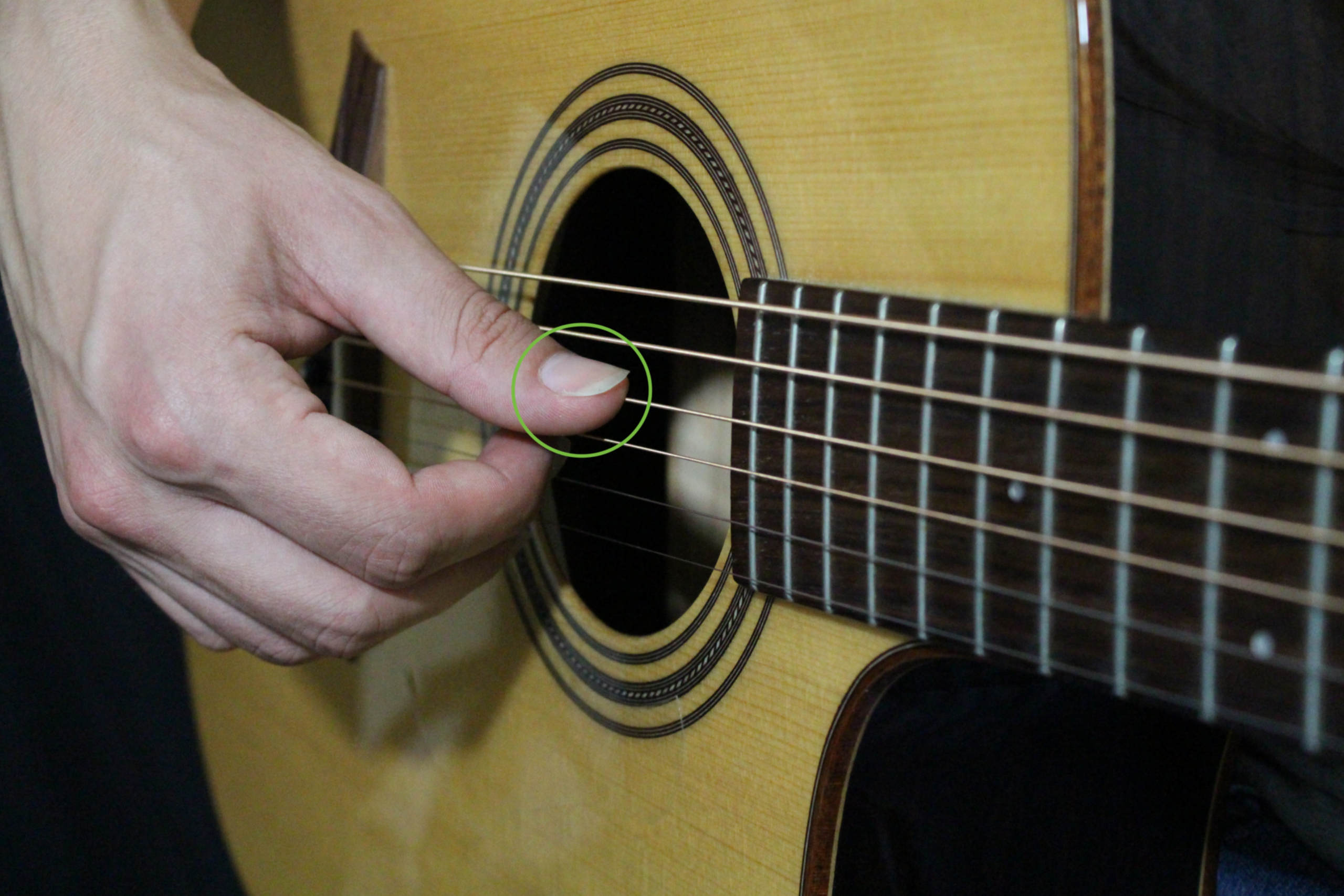

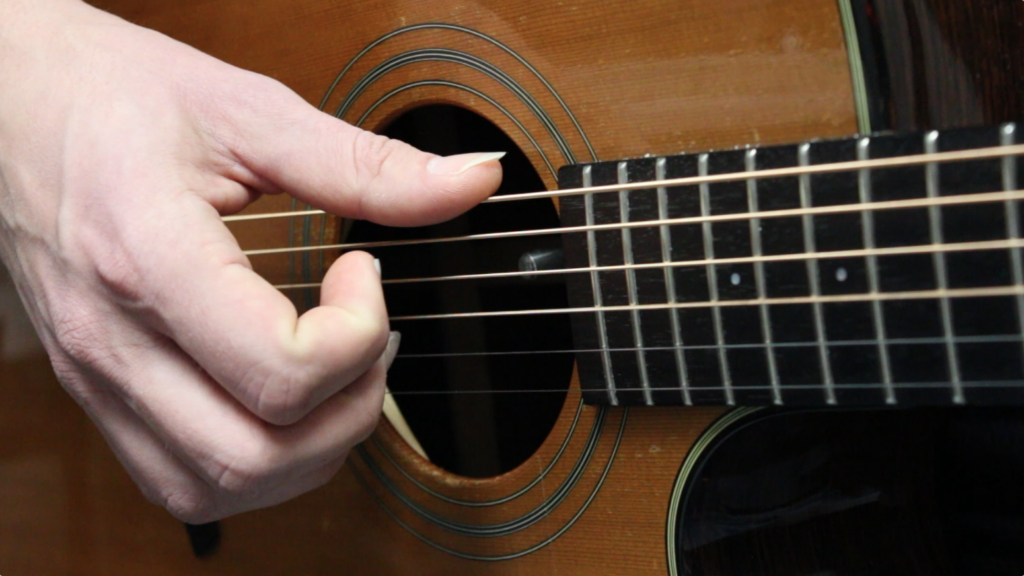
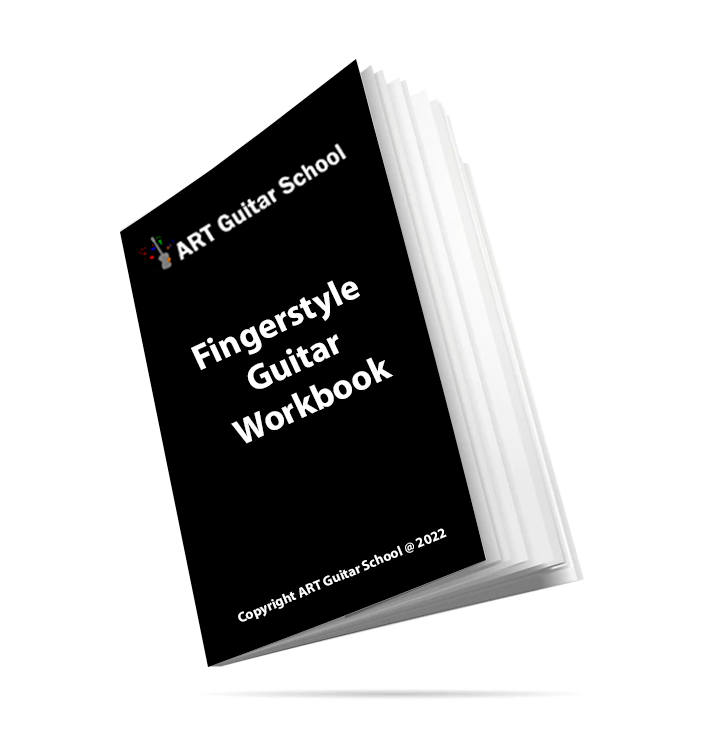
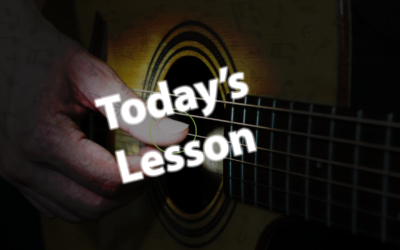
0 Comments